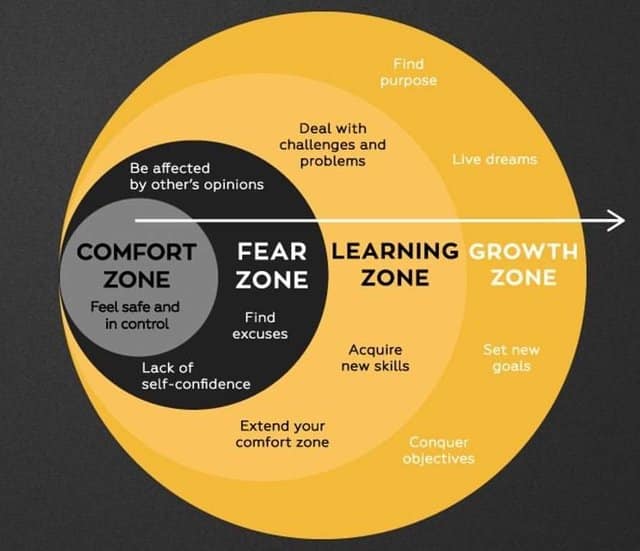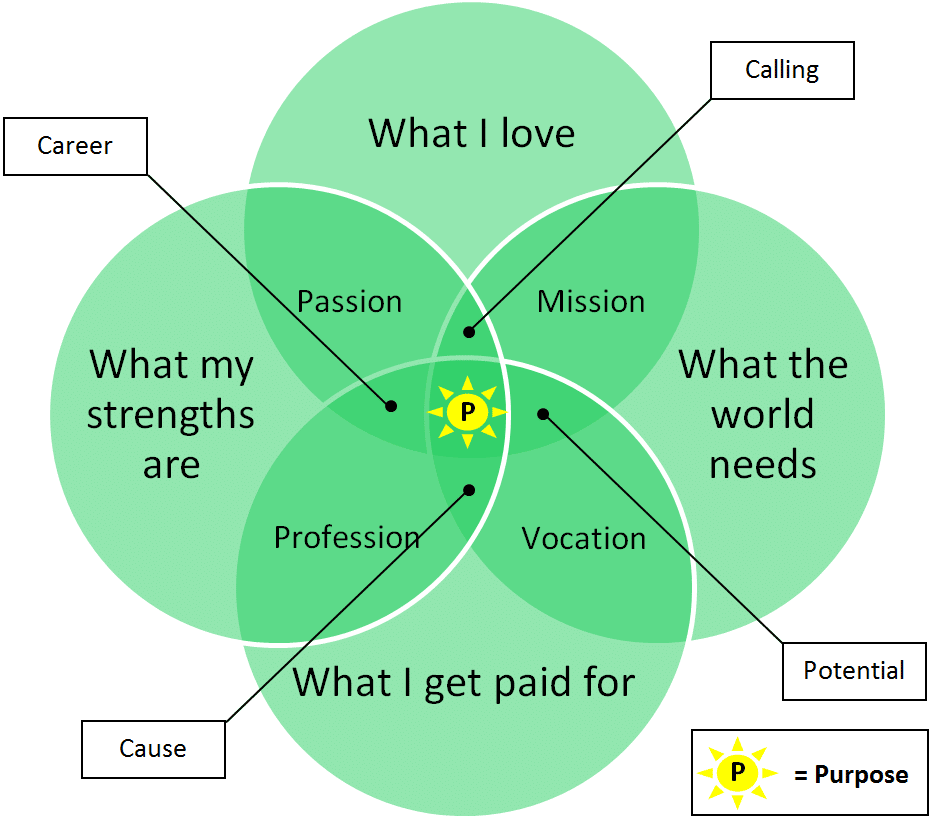Some entrepreneurs seem as though they were made for success. They have entrepreneurship in their DNA and are cut from the same cloth as other great leaders in their industry.
Other entrepreneurs struggle for years before they gain an ounce of success. Nothing comes easy to them, and they may throw in the towel hundreds of times before they come up with the one idea that adds credibility to their name.
Which side of the spectrum are you on?
Let’s look at six ways you can discover if entrepreneurship is the right career path for you:
1. Define Your Version of Success
Everyone measures success in different ways. To some, success means becoming a household name or creating a product or service used by the masses. To others, success could be achieving financial security at a young age, selling the company, and being set for life.
And then there are entrepreneurs like me who define success as simply being happy and fulfilled. The ability to create something from nothing and the enjoyment of sharing my passion with others is what makes me thrive.
What does success look like to you? Once you know this, you can focus your energy on the objectives and tasks that take you closer to that goal. Otherwise, you could end up wasting tons of time and money on things that won’t really make a difference in your venture and that will cause you to resent your entrepreneurial journey.
2. Step Outside Your Comfort Zone
How do you rate your ability to step outside your comfort zone? Are you willing to do things and take risks that make you uncomfortable?
Entrepreneurs are regularly tasked with stepping outside their comfort zones. Introverts often struggle to network and connect with people, while extroverts find it tedious and mind-numbing to sit at a desk by themselves for hours on end. But successful entrepreneurs find a way to balance both.

Stepping outside your comfort zone also means taking risks. For example, Neil Patel’s first venture failed, and his second venture left him more than a million dollars in debt. Though it wasn’t comfortable for him to try again, he knew it was the only way he could get out of debt and finally develop a winning idea. If he hadn’t taken the next step, he would probably still be repaying his million-dollar debt load. Now, he enjoys an illustrious career in digital marketing with a net worth of around $10 million.
3. Know Your Purpose
People follow the entrepreneurial journey for a variety of reasons. Some of them like the idea of being their own boss and calling the shots. Others think it’s their ticket to a higher salary. Or you might see it as a way to give back to communities and help others through innovative solutions.
Your reasons are your own. But what you don’t want to do is go into entrepreneurship thinking it’s a get-rich-quick strategy. In fact, the road to riches as an entrepreneur is often long and slow. There are tons of twists and turns along the way that you may or may not be expecting, and once you pass over one mountain, there are usually five or six more looming in front of you.

Entrepreneurs usually don’t even take a salary their first year in business. And those who do pay themselves usually end up taking less than what they were making when working for someone else.
A higher salary is a good goal to have, but it’s not something you can expect right out of the gate. Instead, focus on your purpose and let that be your driving force.
4. Understand What Autonomy Really Means
There are plenty of good reasons why people become entrepreneurs. One of the most cited reasons: be your own boss.
But keep in mind that there’s a high price for autonomy. Entrepreneurs are the thinkers AND the doers of their business. You’re not only coming up with ideas, but you’re also tasked with putting those ideas into motion.
This means taking responsibility for everything that happens in your business, including cash flow and financials, operations, management, hiring, firing, R&D, and marketing.
And while you can outsource some of these things, you still need a broad enough understanding of each of them to know how they work and whether their objectives are being met.
5. Get Used to Failure and Rejection
Failure is often the price of success. Many times, it takes trial and error to get your product or service just right. And even then, you may find yourself facing setbacks that keep you from success.
Some of the world’s most famous names failed multiple times before they ever struck it big. Warren Buffett was rejected by Harvard Business School when he was 19 years old, which led him to Columbia University and two investors who helped to shape the model for Berkshire Hathaway. Steve Jobs’s first Apple development, the Apple I computer, sold just 175 units, and he was eventually kicked out of his own company. If he were alive today, experts believe he’d be richer than Bill Gates.
But just as failure doesn’t automatically disqualify you from entrepreneurship, instant success doesn’t mean you were born for this journey either.
At some point, you’ve got to be honest with yourself about your skills and abilities to grow as an entrepreneur. A few early successes might not prepare you for future challenges. Likewise, many entrepreneurs don’t have what it takes to fail over and over with nothing to show for it.
If you have a hard time hearing no or bouncing back after rejection, you probably won’t fare well as an entrepreneur. But resilience is something you can learn and develop over time, if you’re willing to make the effort.
6. Decide How to Put Action to Plans — And Then Do It
If you can’t effectively manage your time or motivate yourself to act on an idea, how are you going to make it big in business?
When you work for yourself, there’s no one telling you what time to start working or how much you need to accomplish. EVERYTHING is on you to figure out, and while you may have mentors along the way, every decision ultimately rests on you.
You need to stay disciplined and develop action plans that align with your goals — and then to execute them.
Everyone deserves to do what they love. And when you can focus on projects that are meaningful to you AND beneficial to your customers, it will be hard not to feel successful at the end of the day.






2 Responses